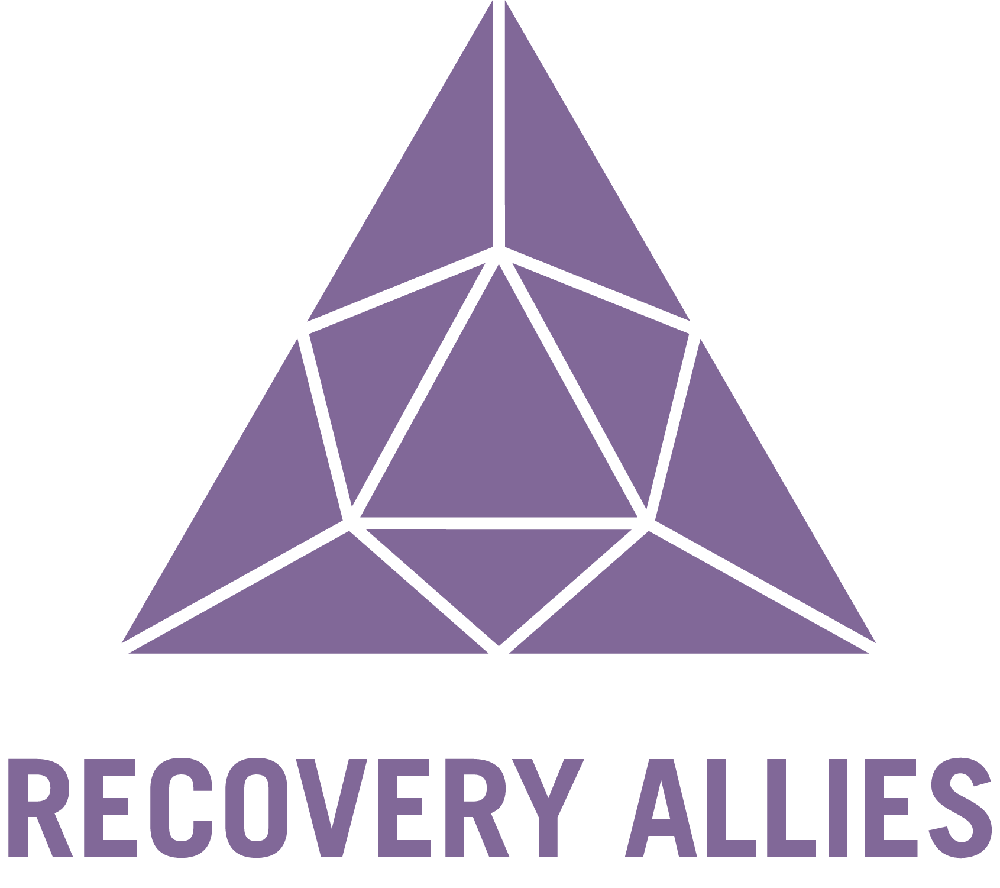Common Sobriety Fears and How to Face Them
Sobriety, to one suffering from substance abuse disorder, is almost always an overwhelming proposition. To imagine the world without the “support” of substances may seem impossible to the person of concern. But beyond the comfort of the substances themselves, the fear of what sobriety is and how it feels on a daily basis can keep many from engaging. It is common for substance abusers to believe that drugs and/or alcohol keep them creative or on an even keel. They are often oblivious to the colossal damage being done to their lives by their dependence on substances or, in other cases, just ambivalent.
So why would someone continue to engage in behaviors that demonstrably hurt them, their family, and their friends and act with fear of an approach that would stop those behaviors? The unknown. As dark as drug and alcohol abuse may be, it is the devil an abuser knows and thus, they do not fear it the way they do sobriety, a new way of being with antithetical principles. Deconstructing their fears can sometimes be an effective way to create buy in for their sobriety. Here are some of the more common fears and how to face them.
I Fear Sobriety Itself
This is the most common fear a substance abuser might have. And it’s understandable, to some degree. If one has abused substances for a long time, that has become their norm. To change that will be difficult but is also entirely possible. 12-step programs and sober meditation groups provide a community of others in the same position who can provide support. Helping the person of concern understand that an entire community of others in various states of recovery is a great to counteract the idea that sobriety is “too hard”.
I Fear My Future as a Sober Person
Sobriety is a major change in the way a substance abuser thinks, feels, and experiences life. There will be untold number of changes to their daily routines, their social behaviors, and their way of thinking. The prospect of all of that can be too much.
It is important to remind your person of concern not to forecast too far into the future. While, of course there will be changes, what those changes are and how they look is yet to be determined. Many people are able to continue enjoying parties with others who might be drinking without trouble. Encouraging your person of concern to engage with their community and the present moment when they start to “future trip” is a very positive way to keep them from projecting too far ahead.
I Fear Abandonment
This is a particularly acute and tricky part of one’s fears. Recovery will, in fact, teach those with substance abuse disorder to remove toxic people from their lives. It’s a leading factor for women to avoid getting help, in fact. The abusers and users in our lives will be identified through the process of recovery and will likely be forced out.
More importantly, many people in recovery say that for every person they lose, they gain one more. Relationships based on substance abuse lack the fundamental humanity necessary for genuine connection. Whatever is lost in the transition from abuse to sobriety, a new community of people with genuinely good intentions will take their place.
Long-term abusers of alcohol or drugs may be harder to convince. To some, substances are a central part of their identity. This is particularly true of people who fashion themselves the “life of the party” or something similar. To fear that you’ll be “boring” with drugs or alcohol is admitting that you use substances to change who you are. It’s more stress than it’s worth.
I Fear Facing Up
Those who abuse substances often have a pile of family and friend issues that they fear having to face as a sober person. And it’s true that some things cannot be undone or forgiven. Undoubtedly, their emotions become stronger as they no longer hide behind the haze of drugs and alcohol. Having a strong therapeutic relationship can do wonders for those in this position. Having outside help navigating the difficulties of your past while establishing healthy boundaries for the present is invaluable in the process of sobriety.
I Fear Success
People who’ve been raised in unsupportive or invalidating environments often experience low self-esteem. Depression is often a product of substance abuse as well. Self-destructive narratives can rise from these circumstances, which is why community and therapy in combination are so important. In time, you will find that you are deserving of happiness just the same as anyone else.
I Fear Failure
Fear of relapse is one of the number one deterrents people have to seeking help in the first place, especially if they have relapsed before. Fearing the future and what it would mean if one were to fail isn’t unreasonable. But relapse is not the end. It can provide an opportunity to better understand your triggers and how to better harness them. Every part of the recovery process can be an educational one, if applied with care and consideration.
